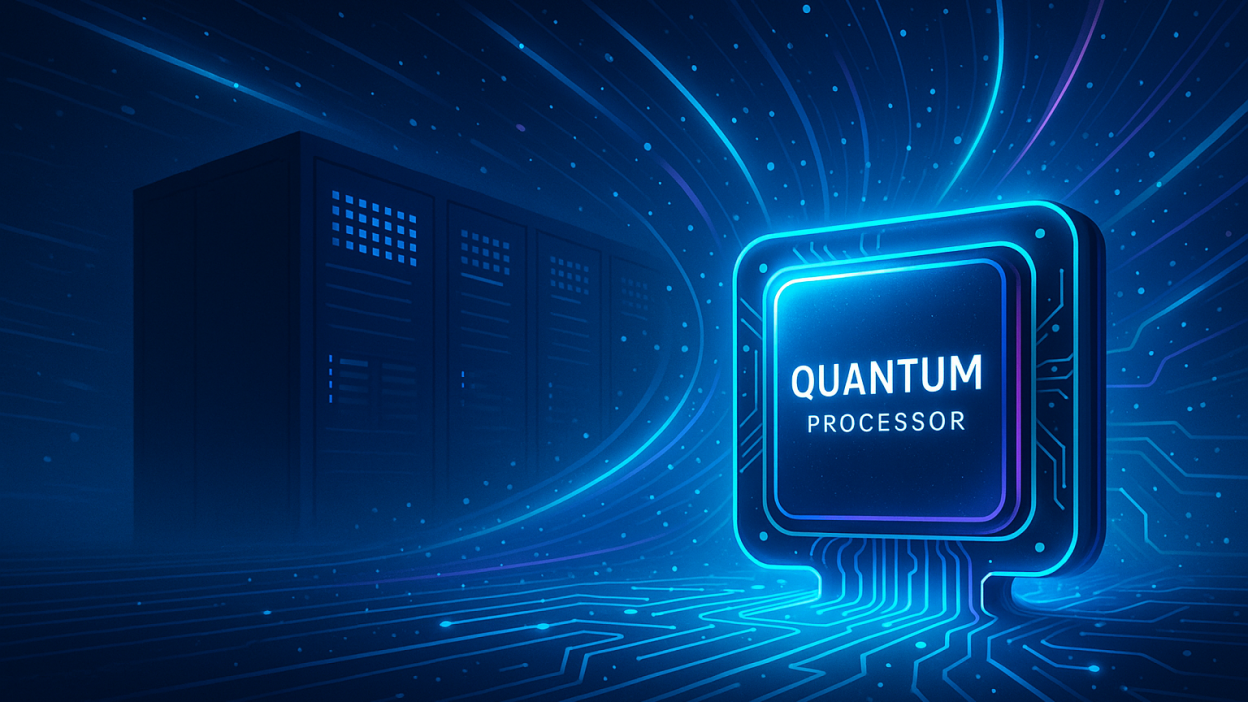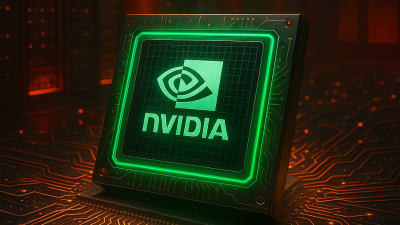China has made a bold claim in the race for computing supremacy: its new quantum processor reportedly outperforms the world’s fastest supercomputer by a staggering quadrillion times. If verified, this breakthrough could redefine the boundaries of computing, revolutionize industries, and alter the balance of technological power on a global scale.
What Makes Quantum Computing Different?
Unlike classical computers that process data using bits (0 or 1), quantum computers use qubits, which can exist in multiple states at once. This principle of superposition and entanglement allows quantum processors to perform complex calculations at speeds unattainable by traditional supercomputers.
-
Superposition: Enables qubits to handle multiple possibilities simultaneously.
-
Entanglement: Links qubits together, so changing one affects the other instantly.
-
Quantum Speedup: Problems that would take centuries for supercomputers could, in theory, be solved in seconds by quantum processors.
China’s Quantum Ambition
China has invested heavily in quantum research, building state-of-the-art labs and pushing advancements in quantum communication, encryption, and computing. This new processor, if claims are accurate, represents a massive leap forward in that pursuit.
-
Beijing has already launched quantum satellites for ultra-secure communications.
-
Universities and research centers in China have partnered with state-backed projects to accelerate innovation.
-
The country aims to become a global leader in quantum supremacy, competing against the U.S. and Europe.
How Does It Compare to Supercomputers?
The fastest supercomputer today, Frontier (at Oak Ridge National Laboratory, USA), performs around 1 quintillion calculations per second (exascale computing). China’s claim suggests its quantum processor is a quadrillion times faster, pushing computation into realms previously considered science fiction.
Implications:
-
Scientific Simulations: Molecular structures, drug discovery, and climate models could be calculated with near-perfect accuracy.
-
AI Acceleration: Training massive AI models in hours instead of months.
-
Cryptography: Potential to break current encryption standards, leading to both opportunities and security risks.
Global Implications of a Quantum Leap
If China’s claim proves credible, the ripple effects would be enormous:
-
Geopolitical Impact – The country leading quantum computing could dominate defense, intelligence, and cyber capabilities.
-
Economic Disruption – Industries like finance, logistics, and pharmaceuticals could be reshaped overnight.
-
Scientific Breakthroughs – Fields such as space exploration, advanced materials, and climate change solutions may accelerate dramatically.
Skepticism and Verification
While the claim is groundbreaking, the scientific community remains cautious:
-
Independent peer-reviewed validation is required.
-
Practical applications of quantum processors are still limited due to error rates and stability issues.
-
Scaling quantum machines from lab experiments to commercial systems is a monumental challenge.
Experts emphasize that while the potential is real, true quantum supremacy requires reproducibility, usability, and stability—areas where all nations are still struggling.
The Road Ahead
Regardless of the skepticism, China’s announcement highlights the fierce competition in quantum technology. With governments and corporations investing billions, the next decade could see quantum computers transition from labs into real-world applications.
For now, China’s claim of a quadrillion-times-faster processor is both a tantalizing vision and a reminder that the global race for quantum dominance is accelerating faster than ever.



